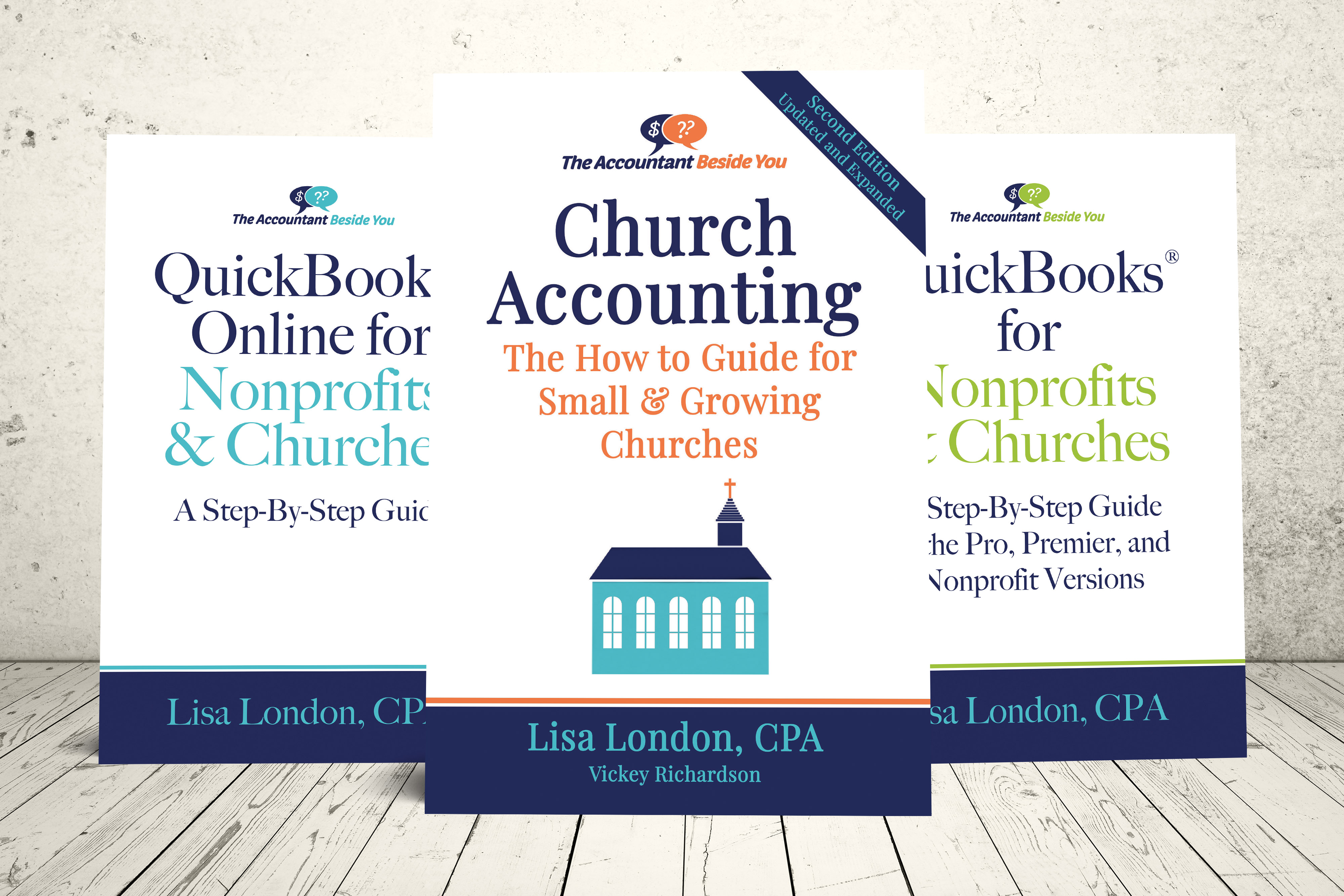Fundraiser Tips
For a Successful Fundraiser
The following fundraiser tips will help insure a successful fundraising campaign... and a legal one.
Fundraiser Tip #1: Check the Legal Issues...
Churches and nonprofits organize thousands of fundraisers every year. However, many of them could be breaking the law and not even be aware of it.
For example:
- Gaming - all 50 states have gaming laws. Many states have bans against gaming which includes raffles and other games of chance. Some states require special registrations and licensing. Check your state and local rules and regulations to see where your state stands on this issue.
- Sales Tax - Many states require churches and nonprofits to collect sales taxes when they do fundraisers. Some only require churches to collect and remit sales taxes if fundraisers are done on a regular basis. Others require sales tax collection only on certain types of fundraisers. Check your state and local rules and regulations to see where your state stands on this issue.
On a federal level:
- Unrelated Business Income - IRS Code sections 511, 512, and 513 describe when and how a fundraiser becomes a taxable unrelated business activity. Research if that weekly bake sale proceeds may be classified as unrelated trade or business.
No matter what country you live in...check your local laws regarding fundraisers before starting your fundraiser campaign.
Church Accounting Package
A set of 2 ebook packages that covers the following topics...
- Fund accounting examples and explanations
- Difference between unrestricted and restricted funds
- Best methods for tracking restrictive funds
- Explanations and examples of financial statements for churches and nonprofits
- Minister compensation and taxes
- Payroll accounting and its complexities
- Much more - Click here for details

Fundraiser Tip #2: Start Early!
If at all possible, start your fundraising campaign at least 6 months early. You need time to decide which fundraising method you want to use and look for volunteers and properly train them.
Tip #3: Set a Goal
When setting the fundraising goal, be specific. Why do you need the money? How much money do you need? Involve everyone in setting the goal and then make that the focus of your campaign from start to finish.
Tip #4: Recruit Your Volunteers
One of the biggest mistakes you can make in fundraising is trying to do everything yourself rather than delegate.
Recruit a committee of three or four volunteers to help organize the activity and recruit any other needed volunteers. For example, assign one person to take care of publicity; two to handle money collection and record keeping; and another to manage delivery of the products.
Once you get some commitments, get them motivated and excited about what you are doing.
Tip #5: Choose Your Fundraiser
There are many types of fundraisers. There are the classical bake sales and car washes (you can expand on the car wash fundraiser by also having a mini concession stand with hot dogs and drinks for car wash customers).
There are also some great fundraising companies that have some popular products. There are some things you might want to know about the company you are considering, such as:
- How long have they been in business?
- How many years of experience does the company have in fundraising?
- Are the company’s products of high quality that the organization will be proud to stand behind?
- What services are available to save you and your volunteers time and energy?
- How will the program work? Are products paid for in advance or upon delivery?
- What promotional assistance will the company provide? (kick-off assemblies; parent letters; posters; samples for display; etc.)
- Is there an incentive or prize program? If so, who pays for it?
- How are products shipped and when? Who pays the freight?
- What is the policy regarding damaged or unsold product? What about back orders?
- Will there be a written agreement?
- Can the company provide references? (Be sure to call and check these references.)
Fundraiser Tip #6: Set the Date
Once you’ve selected the fundraiser you wish to do, set the dates and place them on your organization's activities calendar. Clear activities and crucial dates with appropriate officials (church board, pastor, and nonprofit administration heads) to avoid conflicts with other events. Now relax for a few months.
Tip #7: Do Your Final Planning
About a month before your start date, meet with your fundraising committee to review last minute details. Make a list of materials that you’ll be responsible for and those that the company will supply. Determine how many adult volunteers you’ll need to execute the fundraiser at every step. Develop a master schedule of important dates for everyone to use as his or her blueprint.
Include such details as: advance promotion (press releases, newsletter articles, billboards); arrival dates for company materials; kick-off activities with church members; deadlines for orders/money to be turned in; reminder notices/P.A. announcements; delivery of products and prizes; announcement of results to all participants; volunteer appreciation; and a wrap-up meeting to review the entire event.
Fundraiser Tip #8: Advance Promotions
About 1 to 2 weeks before your fundraiser kicks off, send fliers to all your participating members announcing your fundraising goal and when they can expect to receive their fundraising packets/products. Post dates on the church billboard, web site and newsletter.
Fundraiser Tip #9: Last Minute Details
1 to 2 days before you start, touch base with fundraising company, church/nonprofit financial administrators and volunteers to reconfirm last minute details. Gather and sort the supplies you’ll need from the company. Call volunteers to remind them of their responsibilities and when they’re needed.
Tip #10: Ready, Set, Start Fundraising!
Again, fundraisers will vary widely. Sometimes products will go home with the participants. Sometimes they will pick up the orders. There are some instances that the product may go directly to the end-user.
Have enough volunteers on hand to handle products at the appropriate time, making sure there is someone to take care of missing orders. Forward invoices to your organization’s treasurer or bookkeeper to ensure prompt payment. Then, congratulate yourself on a job well done.
Fundraiser Tip #11: Do Your Follow Up!
Send out thank you notes to your donors if appropriate and also to your volunteers. You need to make sure they realize how appreciated they are.
It’s hard to find people who can really make a quality fundraiser work. If you’ve found them, make sure they are recognized. It’ll go a long ways towards putting together a winning team the next time.
Note: To continue having successful fundraiser...see Keeping Adequate Fundraiser Records.

Coupon!
Here is a 10% discount code for all the ebooks, spreadsheets, and packages on this site:
FCA
Note: click on "PACKAGES" in the top navigation bar for a list of all of the ebook and spreadsheet packages on this site!




